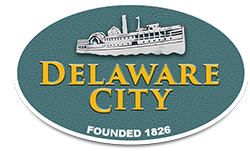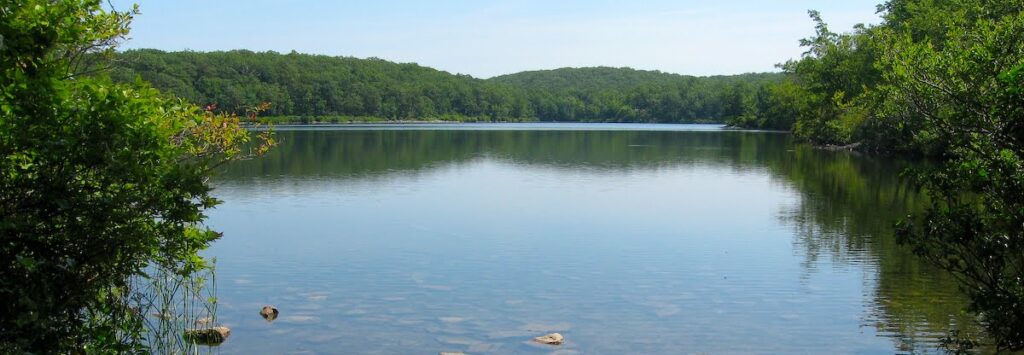In a move that has ruffled the feathers of the local fishing and hunting community, the U.S. Army Corps of Engineers (USACE) has revealed plans to drain a beloved fishing pond situated near Delaware City. The announcement, which came to light through a handwritten notice in June, has sparked a wave of concern and calls for clarity from the Delaware State Sportsmen’s Association (DSSA).
The pond, affectionately known by locals as “the dikes,” has been a favored spot for outdoor enthusiasts for over half a century, offering a rich bounty of bass, pickerel, and other fish, as well as being a hunting ground for waterfowl, deer, and small game. Nestled just off Cox Neck Road, the area stands as a rare public freshwater body in New Castle County, a haven where hunters are not required to register for access.
The USACE, which oversees the land encompassing the pond, intends to utilize the site for the disposal of dredging material extracted from the neighboring Chesapeake & Delaware Canal and the Delaware River, a project aligned with their mandate to maintain the nation’s waterways. The agency highlighted that the site had previously served as a dredged material disposal area, albeit inactive in recent years.
DSSA representatives, including the association’s hunting and fishing chair, Steve Kendus, have voiced their frustration over the lack of detailed information surrounding the initiative. Despite reaching out to various officials and organizations, including the Delaware Department of Natural Resources and Environmental Control (DNREC), the association finds itself grappling with unanswered questions.
In a bid to foster transparency and explore potential alternatives, DSSA President Jeff Hague has urged the USACE and the DNREC to facilitate public discussions. “We’re hoping our common concern for the fishing and hunting public will provide clarity and possibly offer alternatives,” Hague expressed in a statement.
Echoing the sentiment for a collaborative approach, Steve Rochette, the public affairs officer for the Corps’ Philadelphia District, noted that the agency is contemplating measures to lessen the adverse effects on the local fauna. He assured that the operation would be gradual, with the dredging spoils not expected to arrive for over a year.
Meanwhile, DNREC acknowledged the Corps’ dilemma in identifying appropriate dredging disposal sites, a challenge that extends beyond the New Castle dike project to a statewide issue, emphasizing the necessity to maintain navigable channels for both commercial and recreational purposes.
As the community stands on the precipice of losing a cherished recreational site, the DSSA remains steadfast in its commitment to advocate for Delaware’s sportsmen and sportswomen. The association harbors hopes that through concerted efforts and open dialogue, a resolution that honors the legacy of “the dikes” while accommodating the Corps’ operational needs can be achieved. The coming months promise a careful navigation through a landscape of environmental stewardship and community heritage, as stakeholders seek a harmonious path forward.



